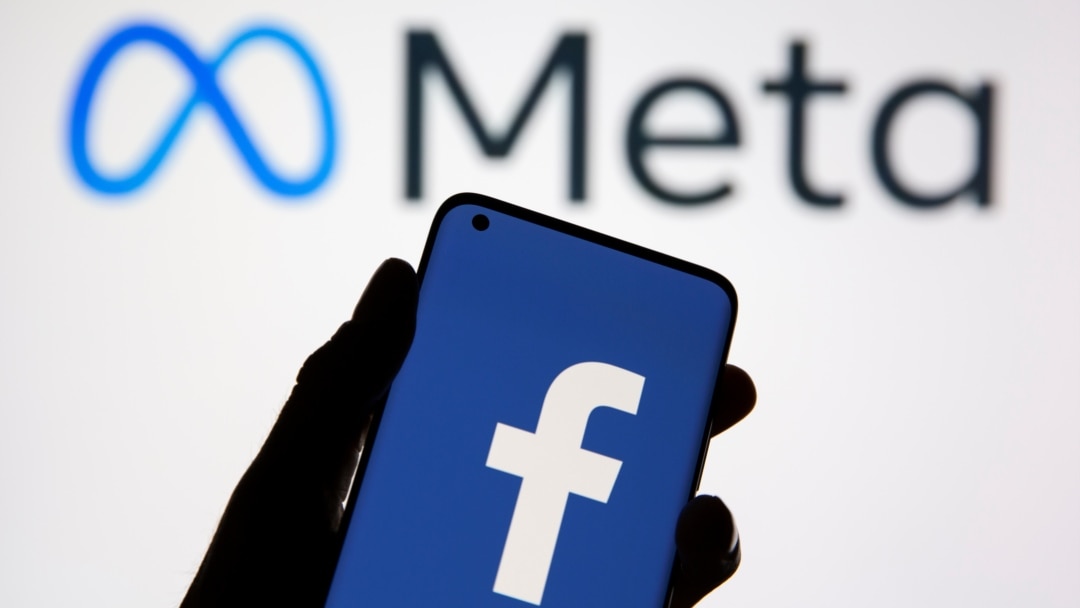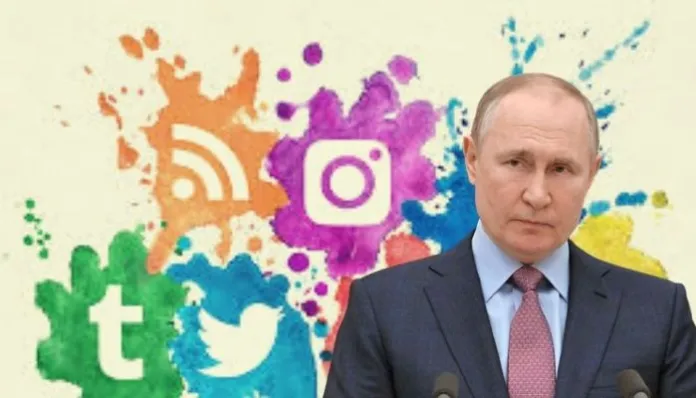Causes and Effects of Russia’s Media Shutdown
April 24, 2022
Through the various platforms of media, we have dove into the Russia-Ukraine conflict and seen the truth of what is taking place on Ukrainian soil. However, in Russia, this is unfortunately not the case. Freedom of the press and freedom of speech have been taken away from the Russian people entirely so that the government can control what civilians can and cannot see (via state-controlled media). Furthermore, let’s investigate both the reasoning behind the limitation of media as well as the cost it is making on Russian civilians.
Causes

At the start of March, Vladimir Putin wanted to shut down Russia’s media in order to manipulate his people in trusting only himself and the government. Demonstrating this is how Russia banned Meta, which is a combination of Facebook and Instagram. This stemmed from the belief that Meta had committed “extremist actions” as a result of allowing posts of Ukrainian violence speeches aimed against Russian soldiers. The Russian social media shutdown is concealing Ukrainian pleas for help and their message for the rest of the world. Nick Clegg, Meta’s president of global affairs, has responded to Putin’s attempts to hide Ukraine from society. In a statement posted to Twitter on March 11, Clegg expressed that Meta’s policies concentrate on “protecting people’s rights to speech as an expression of self-defense in reaction to a military invasion of their country.”
But this isn’t all. There have been rumors that Putin also prohibited Twitter from being used on March 4th. Several days later on March 7, a Twitter spokesman announced that Russian civilians were struggling to use the platform. Although Officials at Twitter tried to bring back service in the country, Russian government authorities disallowed their people from viewing anything with a connection to riots, extremism, protests, and false information under a new federal law in the country.
Adding on to the number of restrictions Vladimir Putin has put in place, TikTok users have been restricted from uploading new videos as the government may create yet another law. If this law is agreed to be established, it is possible for people to spend up to 15 years in prison just for dispersing information that goes against the Kremlin’s (complex of government buildings) official narrative about Ukraine by saying words like “war” and “invasion”. While Russians can still watch videos and message one another, they are forbidden from making their own videos and posting them.
To this day, the only platforms of media that are still accessible in Russia are YouTube and their form of messaging app, Telegram.
Effects

Consequently, many Russian people have looked to virtual private networks, or VPNs, in order to watch blocked social media networks and news sites. Without this move, many Russian civilians would have no idea of what is occurring in Ukraine.
Only two months into the Russian invasion of Ukraine, the Russian economic cost has already amounted to more than $861 million to spread false information and downplay Ukraine among its people.
Finally, Russian influencers and small-business owners have especially been hit hard by the ban on Instagram. On the night that Russia shut down the social media platform, many famous Instagram users sent emotional and heartbreaking goodbyes to their followers. Now that Instagram has been officially closed, many people who relied on the site to purchase items or support local businesses no longer have the ability to get involved in their community.
More importantly, though, how can Russians understand the extent of the Russia-Ukraine conflict when Ukrainians are being silenced and the Russian people cannot hear or see their struggle?
Sources:
https://www.npr.org/2022/03/07/1085025672/russia-social-media-ban
https://fortune.com/2022/03/17/russian-internet-censorship-social-media-shutdowns-expensive/
https://fortune.com/2022/03/14/im-writing-this-post-and-crying-russian-influencers-and-small-businesses-owners-are-mourning-the-closure-of-instagram/









